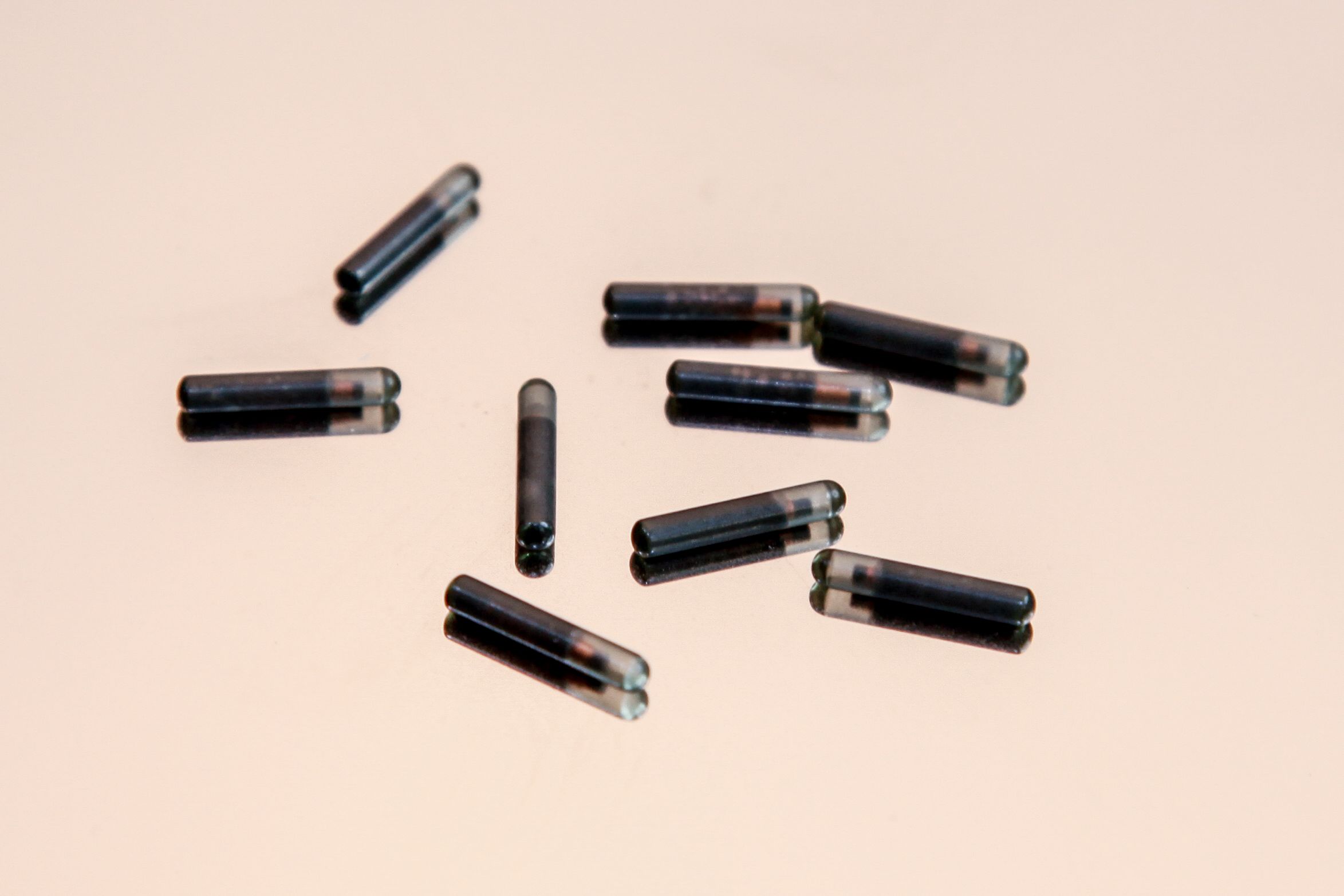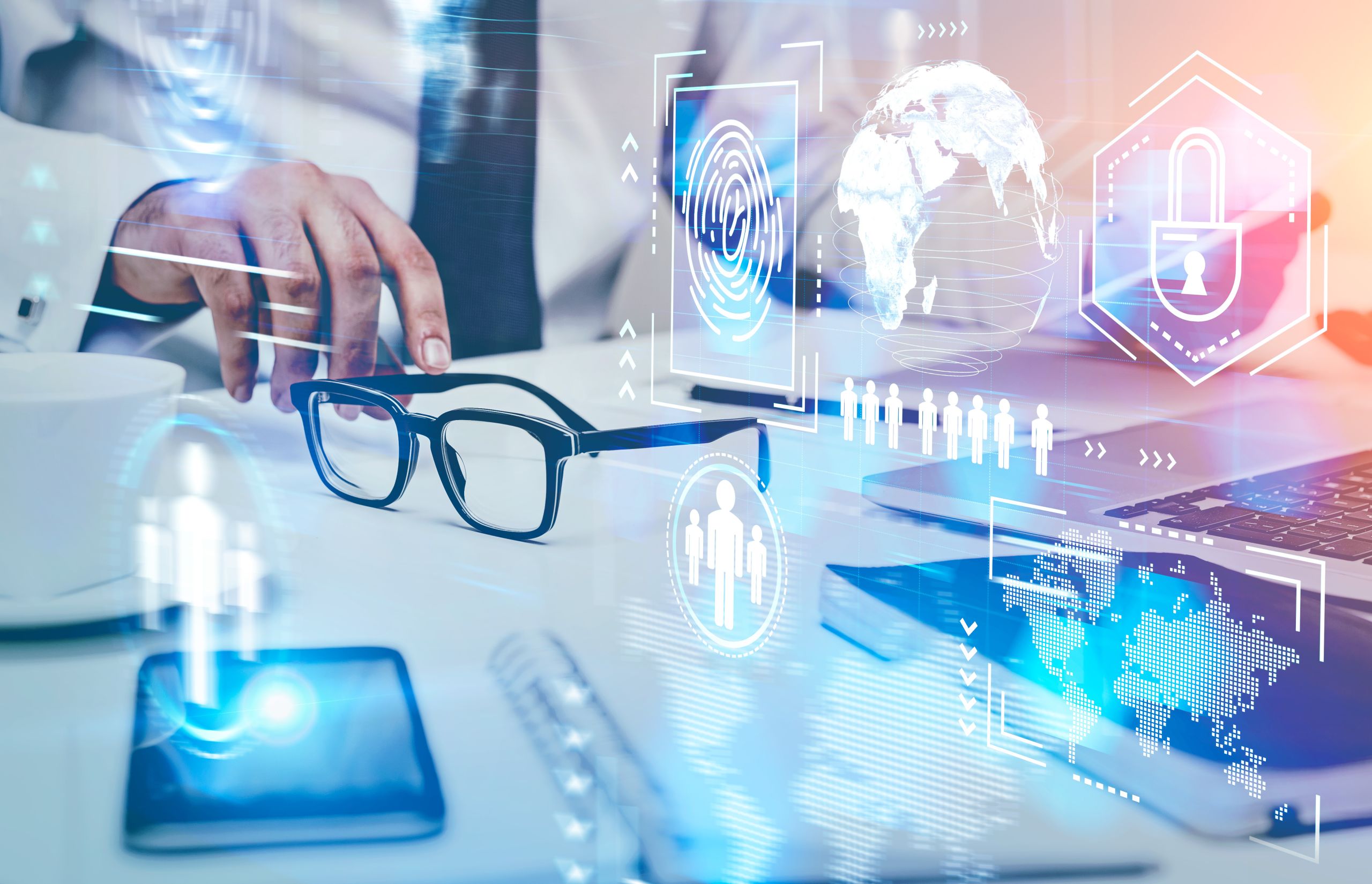Biohacking
Should we be concerned about human microchipping?

What is microchipping?
Microchipping is a form of biohacking, a broad term used to describe methods of optimizing the human body, sometimes referred to as 'DIY biology'.
Human microchipping has been on the rise for the past decade with tech companies predicting it to be the next major development in technology.
More than 4,000 people in Sweden already have microchips inserted to replace their ID cards, according to a report by Euro News Weekly.
This new technology is a contentious issue. For some, having a chip inserted gives them the ability to do things when they are unable to use their limbs. For others, biohacking is a concerning new technology which leaves humans vulnerable to being hacked like any other electronic device.
There are many different voices to be heard.

Microchipping in the UK
British company BioTeq specialises in human technology implants.

Image credit: Steven Northam
Image credit: Steven Northam
Company director Steven Northam said: “The end goal is that you have a microchip which is your keys, your wallet, passport, just embedded in your hands.
“It’s a two minute procedure where a microchip is preloaded into a large needle, we apply some local anaesthetic and then it’s injected into your hand.
“Before the implant is inserted we do some checks to find out why you want to be chipped, you sign a disclaimer and we chip you”.
Northam thinks that most of the outrage about microchipping comes from people who believe they are going to be chipped against their will.
He has received phone calls and emails from people who think they are being targeted by the government and these kinds of conspiracy theories have increased since the start of the COVID-19 pandemic.
He added: "What we say to most people is imagine an iPhone 20 years ago and what your phone is able to do now. It's pretty obvious that in the future embedded technology is going to become quite commonplace for people
“But, ultimately, it’s up to the individual. You're free to insert into your body whatever you want.”

Alex's story
Alex Lewis, 41, from Hampshire has been using microchips since February 2018.
In November 2013 he contracted Strep A Toxic Shock Syndrome, a rare life-threatening bacterial infection. He was 33.
The infection quickly spread to his face, mouth and limbs which meant surgeons needed to perform four life-saving amputations.
Since then, Alex has travelled around the world raising money for charities supporting people with disabilities through his trust.
As someone who relies on new technology to survive, he's never seen microchipping as something to fear.
"Because of my condition, I sort of go into it sort of wide eyed like a puppy thinking it’s going to be amazing", Alex said.
"Anything that can slightly improve on it now is well worth it."
Alex is currently raising money to give children with upper limb differences free prosthetics.
You can donate to The Alex Lewis Trust here.
Data concerns
While microchipping poses many benefits, some are concerned about potential data and security breaches.
Len Noe lives in Austin, Texas and works for CyberArk, a software security company.
He describes himself as a "biohacker for good", using microchips in his hands to demonstrate how easy it is to hack using them.
“Biohacking is an invisible threat”, Len said.
“Let’s say you have a phone which has the ability to read and write NFC natively, if I ask to borrow it, as soon as I put the phone in my hand, it's being read through my hand. It might look like I'm just dialling a number but I could be installing a backdoor onto your phone and downloading your data."
He thinks there needs to be adequate legislation in place to stop people using implants maliciously when these devices become more commonplace.
He added: “I am 100%, onboard with any way that we can enhance the human experience through technology, but I will say we need to do it in a very controlled and safe way due to the fact that there are hackers out there.
“I’m all for using technology to improve our health but I think it's a very fine line between where technology becomes a benefit, and where it becomes a liability.”

What does this mean for the future?
Human microchipping is on the rise here in the UK.
In June, a company called Walletmor launched a new implant which allows users to make contactless payments with their hands.
However, it seems that the public are still uncertain about using this new technology.
Lia Holland works for Fight for the Future, a digital rights advocacy group.
She said: “One of the most sickening things in tech is to hear businesses say that people don't care how their data is used as long as technology is convenient. People care a lot.
"The problem is that it’s hard to stay educated when things are moving so incredibly quickly with little protection or understanding of what's going on.
“Data collection is still to a large extent the Wild West but people are catching up now and aren't afraid to say no to these sorts of technologies.”
An Instagram poll of 152 people found that only 18% would be willing to have a microchip inserted which would contain their passport data and allow them to make contactless payments using just their hands.
We seem to be a long way off accepting human microchipping as the norm yet.

